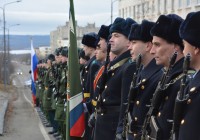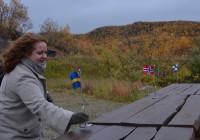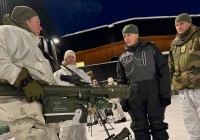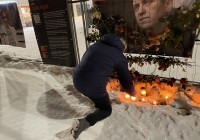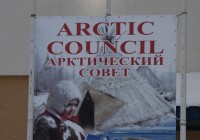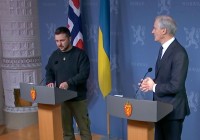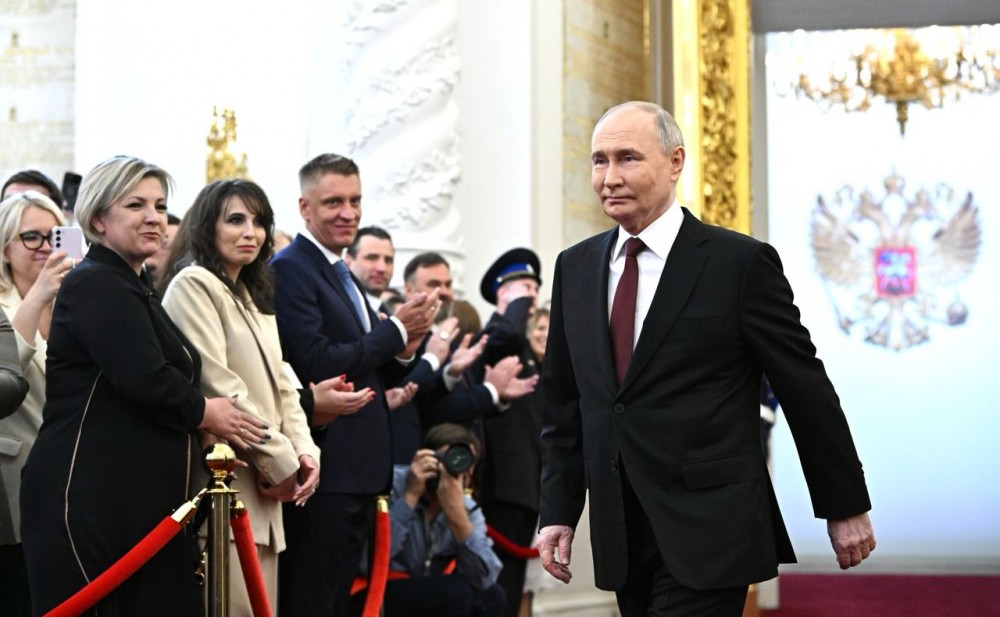
Norway sends ambassador to dictator’s inauguration
ADVERTISEMENT
Norway’s Ambassador to Moscow, Robert Kvile, was present when Vladimir Putin entered his own ceremony.
Ambassador Kvile, however, was not in a big crowd of Western diplomats in the room.
The United Kingdom, Canada, USA had all decided to boycott. About 20 EU member states had also said they would not attend, Reuters reported.
France, Hungary and Slovakia were among those participating together with Norway, Euractiv reported.
“We do not celebrate with aggressor,” Estonia’s Foreign Minister Margus Tsahkna said on Twitter (X). He added: “Its also worth reminding that Putin is wanted for war crimes.”
Estonian diplomats will not attend on Putins inauguration after his so-called elections while #Ukrainians are daily being killed & deported.
— Margus Tsahkna (@Tsahkna) May 5, 2024
We do not celebrate with aggressor.
Its also worth reminding that Putin is wanted for war crimes. https://t.co/7OY3TF2M7F
“No, we will not have a representative at his inauguration,” spokesperson Matthew Miller with the U.S. Department of State answered when asked about the ceremony during his press briefing on Monday.
ADVERTISEMENT
In Norway’s interest
State Secretary Eivind Vad Petersson with the Foreign Ministry in Oslo says to newspaper VG that Russia is on the wrong side of history.
“Nevertheless, it is in Norway’s interest to maintain diplomatic channels with our neighboring country, not least in challenging times, in order to be able to deal with important issues in regards to safety at sea, fishery cooperation and border management. That is why Norway is represented with our ambassador at the presidential inauguration,” Petersson says.
Challenging balance
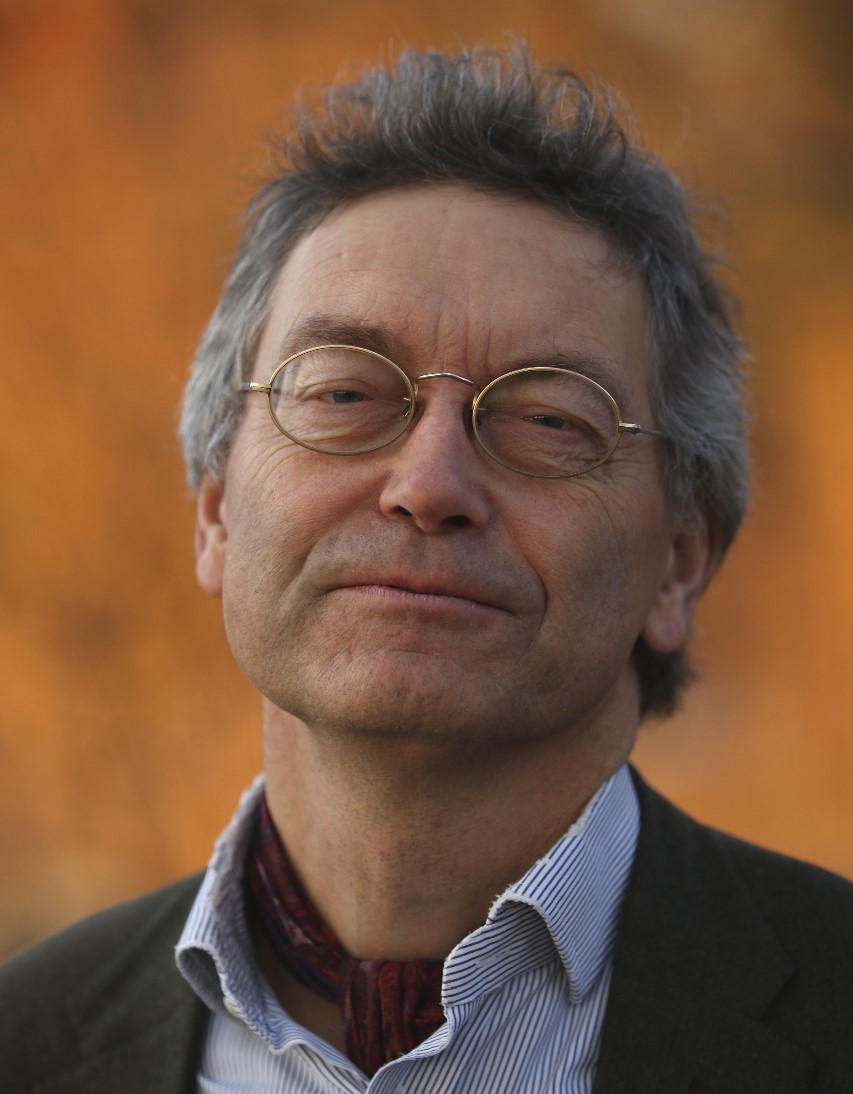
Director Iver B. Neumann with the Fridtjof Nansen Institute is a leading expert on Norway’s bilateral relations with Russia.
He says to the Barents Observer that the dicission to send Oslo’s Ambassador to Moscow to the Kremlin ceremony can be seen as a way to maintain a channel of communication with Russia.
“It’s the old story. On the one hand, Norway wants to demonstrate its staunch opposition to aggressive warfare. We preferably want to do it shoulder to shoulder with our allies. On the other hand, we have to coexist with our neighbour in order to maintain common challenges. It is also in the interest of our allies that there exist at some channels between the West and Russia. This time, the latter perspective won out,” Neumann says.
Controversies
The Ambassador’s participation has sparked controversies in Norway’s political establishment.
“It is truly embarrassing because it contributes to legitimate the presidential elections, an election that was not for real,” Guri Melby, leader of the Liberal Party says to VG.
“When leading opposition politicians have been killed, elections are held in occupied Ukrainian territories and Putin “reaches” 87% of the vote, it is very unwise for Norway to give legitimacy to the inauguration,” says Dag Inge Ulstein, deputy leader of the the Christian Democrats’.
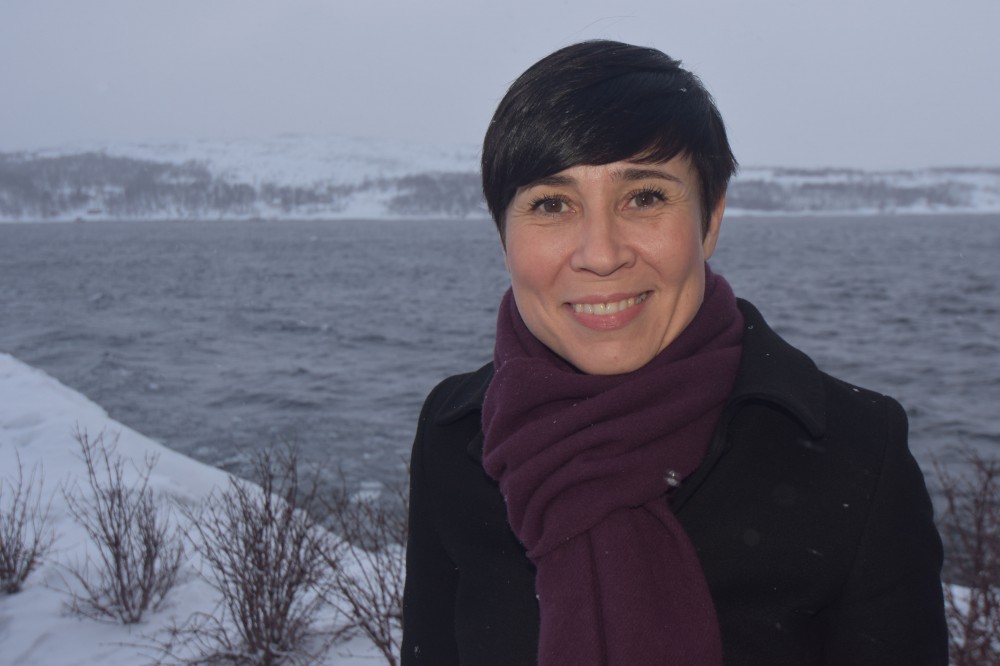
Former Foreign Minister, Ine Eriksen Søreide with the Conservative Party, says to the newspaper that she understand there are many considerations to be weighed and that this is not an easy decision.
“I still believe that it sends an unfortunate signal that Norway is standing at ambassadorial level for Putin’s reinstatement. The presidential election was neither free nor fair, Putin continues his brutal war against Ukraine and the election came just in the wake of Navalny’s murder,” Søreide says to VG.
President or dictator?
The European Parliament last month adopted a resolution disapproving that Putin is Russia’s president. The EU said the “so-called presidential election” in March was “undemocratic” pointing to the facts that it was conducted without any political competition, under grave repression, with ballot boxes being stuffed, boxes being stuffed and protocols being falsified “on a massive scale.”
The EU agreed to officially not name Putin with the title President.
The editors of Russia’s most prominent exile-newspaper, the Novaya Gazeta Europe, on Tuesday announced on Telegram that it does not recognises Putin as a legitimate president of Russia.
“We urge independent media to refrain from using the term “president” do designate the Russian dictator,” the statement said.
ADVERTISEMENT
The Barents Observer Newsletter
After confirming you're a real person, you can write your email below and we include you to the subscription list.




